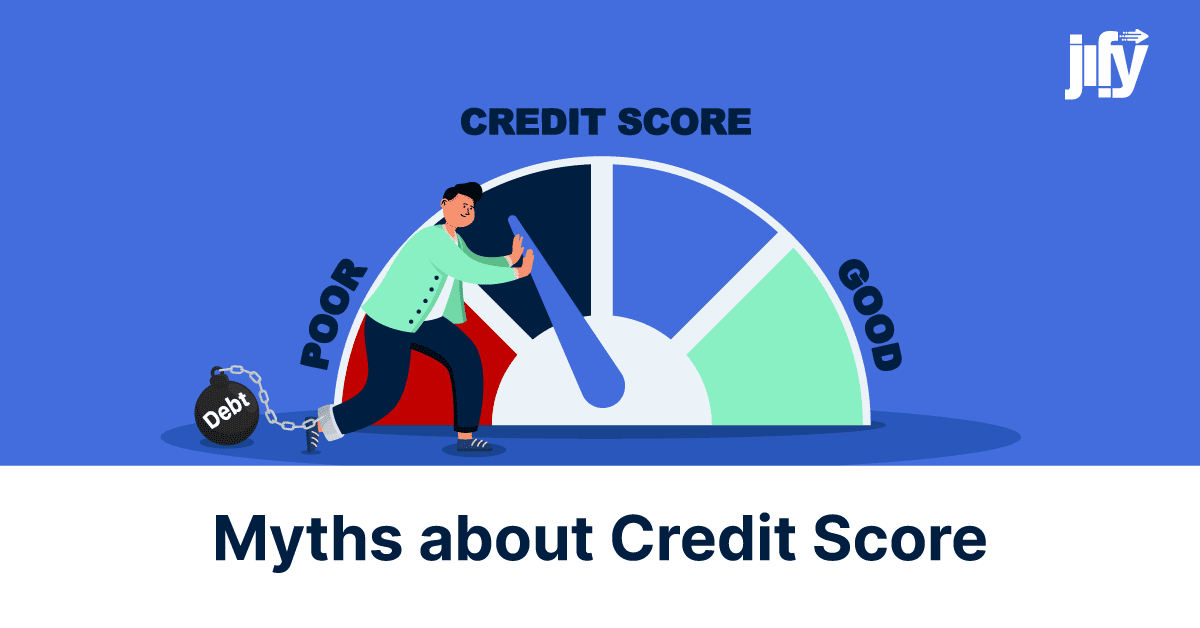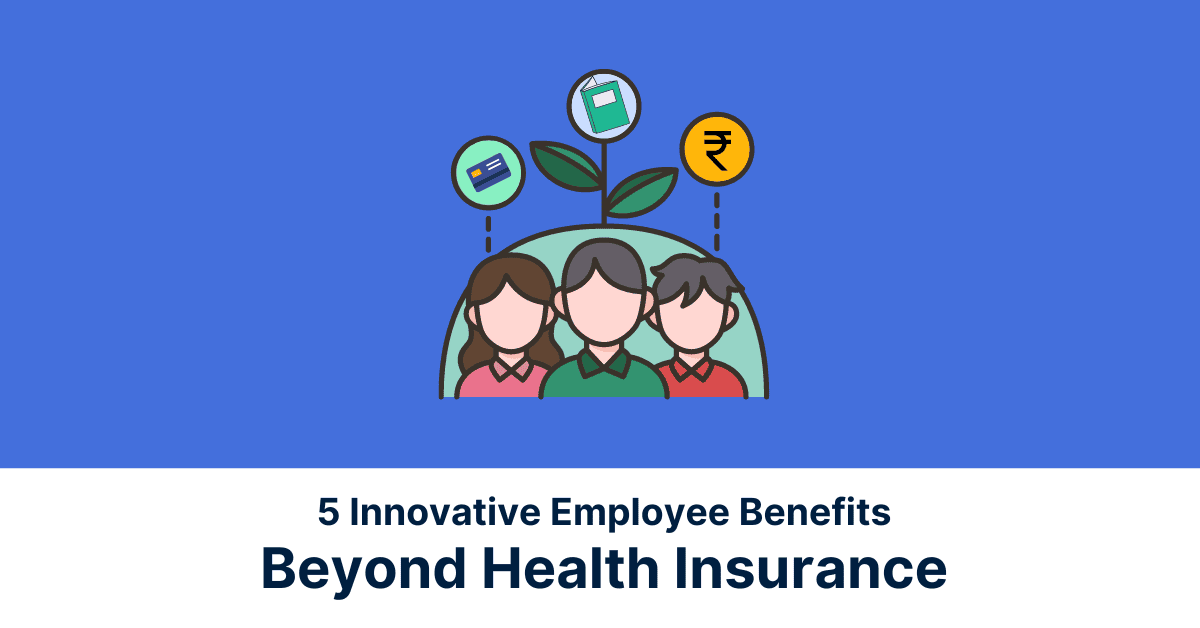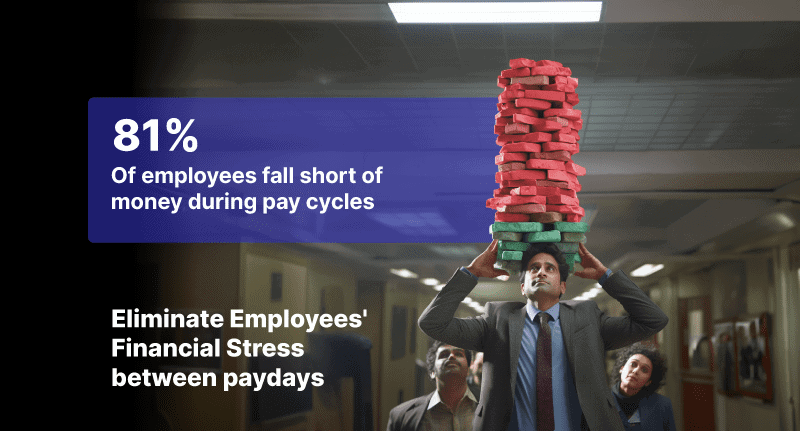What is a Credit Score?
A credit score is a numerical value, typically consisting of three digits, that indicates your creditworthiness. This credit score ideally informs a bank, lender or any financial institution of your “creditworthiness”, i.e., how safe it is to give you credit and acts as an indicator of the risk involved.
It is essential to understand the meaning of a credit score and the various factors that influence it.
How does a Credit Score work?
A higher score is advantageous for borrowers as it increases the likelihood of being approved for larger loan amounts. One’s credit score is determined based on factors such as credit history, including the number and types of credit accounts, total debt, repayment history, and other relevant factors. Lenders utilize credit scores to assess an individual’s ability to repay loans promptly.
Who manages Credit Scores in India?
In India, the RBI has licensed four companies to access and manage credit information.
These are: Credit Information Bureau Limited (CIBIL), Equifax, Experian and Highmark. Of these, CIBIL is the most widely used, and the term ‘CIBIL Score’ is often used synonymously with the term Credit Score.
India’s population has for decades been credit underserved, with 160m people being put in this category in 2022. However, the nation is currently undergoing a rapid transformation in this aspect. According to Rajesh Kumar, CEO of TransUnion CIBIL “This transformation coupled with India’s demographic dividend has triggered unprecedented opportunities for driving growth and financial inclusion in the market.”
Myths about Credit Score
There is a significant level of unawareness when it comes to what is a credit score and why is it important for any individual. The reasons for the same could amount to a lack of education, improper communication and distrust in the Indian population.
Here are some myths about credit scores that need a serious debunking:
Checking CIBIL Score is unlucky
A prevalent misconception regarding credit scores is that checking your credit score, specifically the CIBIL score, can decrease it. A Credit Literacy Report conducted in the 2020-21 financial year found that only 56.8% of people surveyed regularly checked their CIBIL score. Many individuals express concerns and often ask if checking their credit or CIBIL score impacts the score negatively. However, it is important to note that checking your credit score does NOT lower it. On the contrary, monitoring your credit score enables you to assess your financial progress and make necessary adjustments to improve your score whenever required.
Income Influences the Credit Score
Your credit score is not influenced by your income in any manner. The elements that impact your credit score encompass your repayment history, credit utilization ratio, outstanding debts, length of credit history, credit variety, and other related factors.
Credit Score = Wealth
There is absolutely no correlation between your credit score and your income. The sole purpose of a credit score is to assess your credit risk. For example, it is possible to have a high credit score even if your income is on the lower end by always paying the bills on time and not having any dues.
Credit Score is the only thing that matters for a Personal Loan
In addition to the credit score provided by agencies like CIBIL and CRIF High Mark, lenders consider various factors including your income, job profile, and other relevant aspects when evaluating your eligibility for a personal loan. However, it’s important to note that in some cases, lenders may approve the loan but charge a higher interest rate. It is important to be vary of these types of loans for the possibility of falling into a debt trap is high in such cases.
Student Loans do not affect CIBIL Score
In 2021, 69,898 Indians took out student loans. It is crucial to recognise the importance of timely repayment of these loans. Every type of loan, whether it’s a car loan, home loan, student loan, or mortgage, has an impact on your credit score. Maintaining a good credit score requires diligent and punctual repayment of all types of loans, serving as a foundation for financial stability and future borrowing opportunities.
Debt Repayment Increased Your credit score
The impact on your credit score varies depending on the type of debt you are paying off. Making regular payments on your credit card or other loans can potentially raise your credit score. Closing a credit line responsibly is considered responsible credit behaviour and can contribute to an improved credit score. However, when it comes to instalment debts like mortgages or loans, paying them off may not directly increase your credit score.
Marriage will lead to the merging of the Credit Score with your partner
While some countries have made credit scores mandatory on dating apps, your credit score remains unaffected by your marital status. When applying for a joint loan, the credit scores of both partners are considered independently. It is important to note that making multiple loan applications can create an impression of being credit-hungry to lenders, which can potentially lower your CIBIL score. So, whilst your credit score might determine your options for marriage, the option you choose will not determine your credit score.
Additionally, it’s worth emphasising that being married or single does not impact your individual credit scores. Each person’s creditworthiness is assessed based on their personal credit history and financial behaviour.
By debunking these common myths, we can pave the way for financial success and wellness. With accurate knowledge, we can make sound financial choices, cultivate a positive credit profile, and ultimately enhance our financial well-being. It is through understanding and dispelling these myths that we can navigate the world of credit with confidence, empowering ourselves to build a brighter financial future.



















